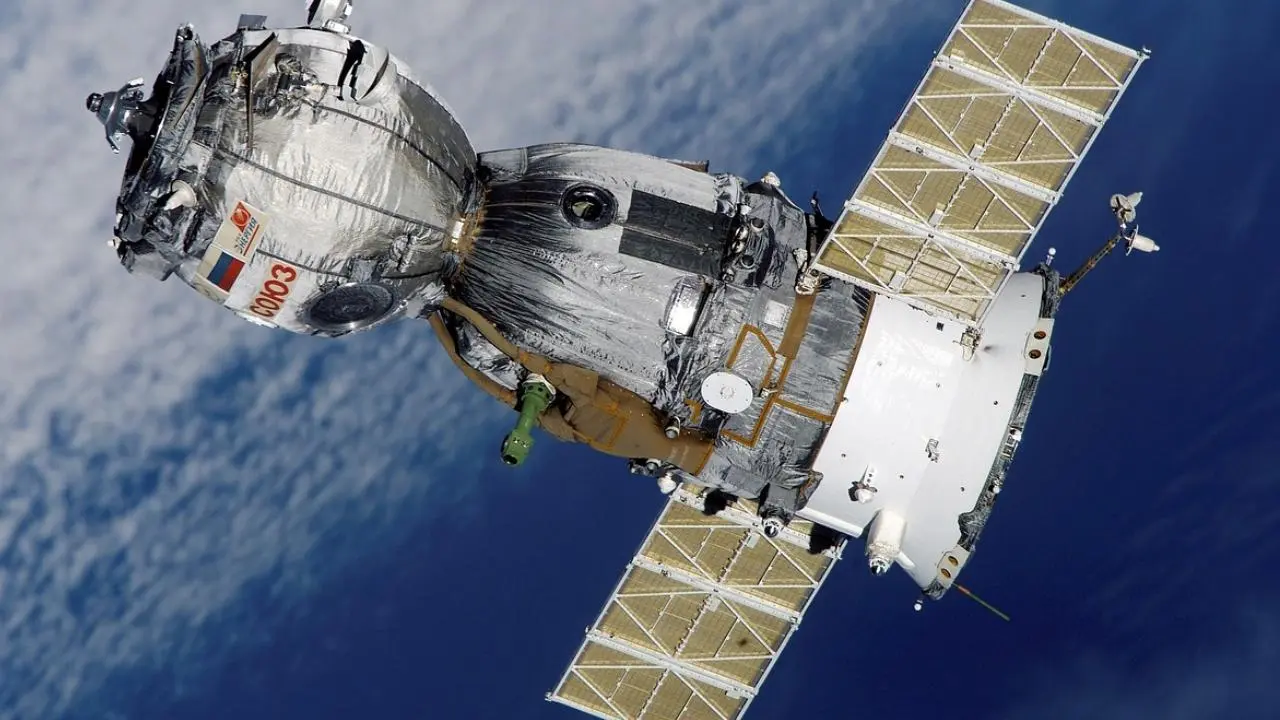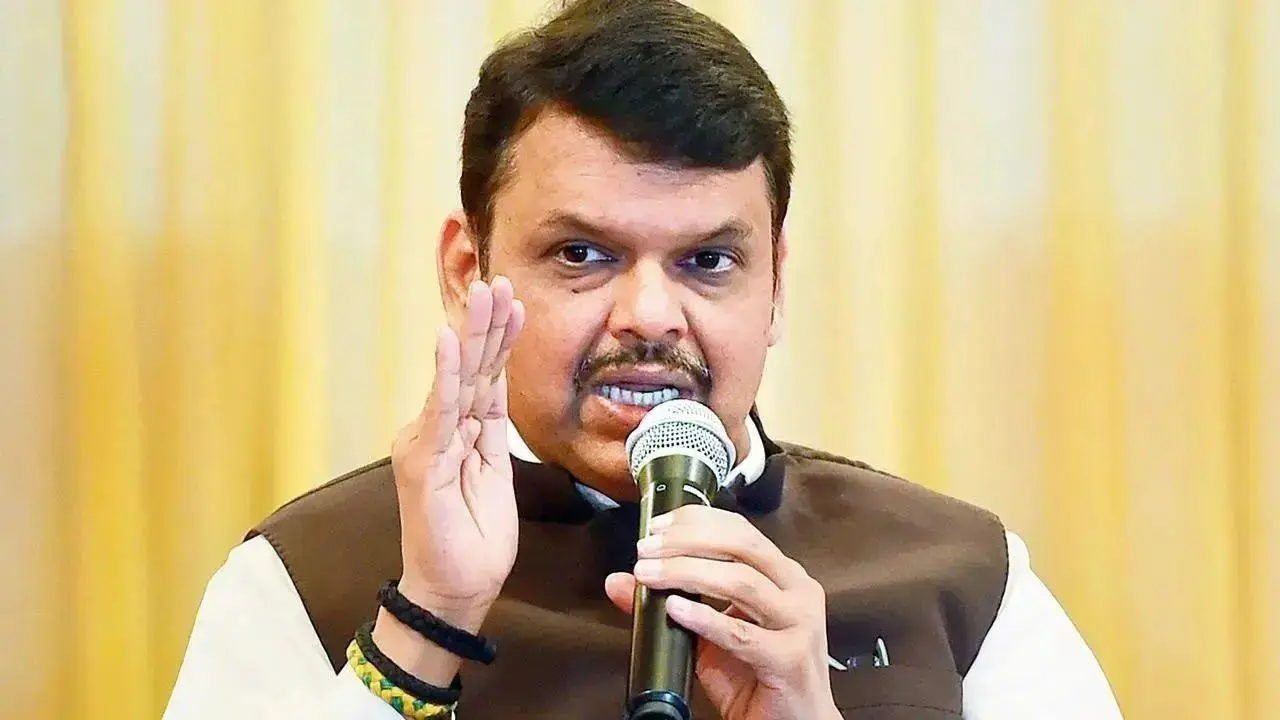On this day in 1975, India etched its name into the annals of space history with the successful launch of its first satellite, Aryabhata. This milestone not only marked India’s entry into the exclusive club of spacefaring nations but also laid the foundation of what would eventually become one of the world’s most respected and ambitious space programmes — the Indian Space Research Organisation (ISRO).
The Ministry of Information and Broadcasting commemorated this historic day with a post on X (formerly Twitter), stating: “On this day in 1975, India launched its first satellite, Aryabhata, laying the foundation of India’s satellite programme. Today, India stands among the world’s leading spacefaring nations. #Aryabhata #IndianSpaceProgramme #ISRO.”
On this day in 1975, India launched its first satellite, Aryabhata, laying the foundation of India’s satellite programme.
Today, India stands among the world’s leading spacefaring nations.#Aryabhata #IndianSpaceProgramme #ISRO@IndiaDST @isro @DrJitendraSingh @AshwiniVaishnaw… pic.twitter.com/YZMRazZfpD
— Ministry of Information and Broadcasting (@MIB_India) April 19, 2025
Launched from the Soviet Union’s Kapustin Yar using a Kosmos-3M launch vehicle, Aryabhata was named after the legendary Indian mathematician and astronomer of the 5th century. The satellite weighed around 360 kilograms and was primarily built for conducting scientific and technological experiments in the fields of X-ray astronomy, solar physics, and aeronomy. Although contact with the satellite was lost just five days after launch due to a power failure, the mission was widely hailed as a success. It demonstrated India’s capability to design, develop, and operate satellites — a significant feat for a developing nation at the time.
Aryabhata became a symbol of India’s scientific aspirations and self-reliance. Its success instilled confidence in Indian scientists and policymakers, and paved the way for future advancements in satellite communication, remote sensing, and space exploration. The launch was a product of years of determination under the visionary leadership of Dr. Vikram Sarabhai, the father of India’s space programme.
Fast forward to the present, ISRO has grown into a globally recognized space agency. From the Mars Orbiter Mission (Mangalyaan) and the Chandrayaan series to the launch of over 100 satellites in a single mission, India has proven its mettle in the domain of cost-effective and efficient space technology.
Aryabhata was not just a satellite — it was the spark that ignited a journey of excellence, ambition, and global recognition for India. As the nation looks forward to more ambitious missions like Gaganyaan and Chandrayaan-3, the legacy of Aryabhata continues to inspire generations of scientists and dreamers alike.











Leave a Reply